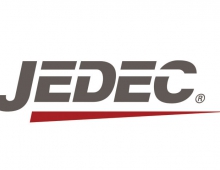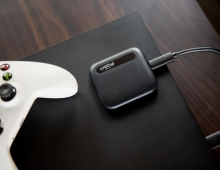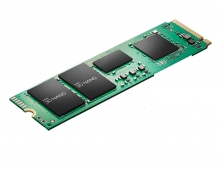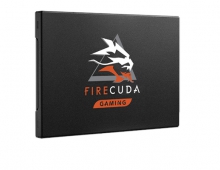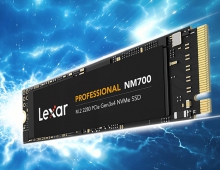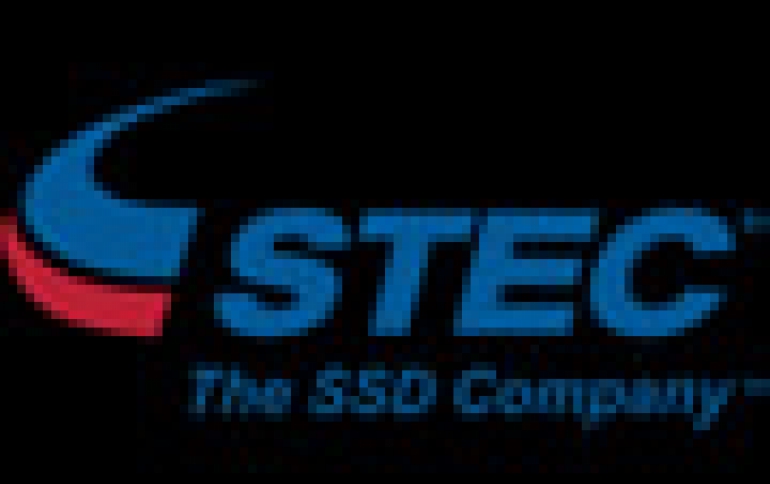
STEC Extends Its ZeusIOPS SSD Family With the High-Endurance MLC Flash-Based SSD for the Data Center
STEC today announced that its flagship ZeusIOPS SSD family has been expanded to include a new ultra-high endurance model.
Purpose-built for write-intensive enterprise applications, STEC's new ZeusIOPS XE (Extreme Endurance) SSD is a Multi-Level Cell (MLC) flash-based drive that utilizes STEC's CellCare technology to enable at least 30 full capacity writes per day, every day, for five years.
The new ZeusIOPS XE SSD utilizes a combination of STEC's proprietary fourth-generation ASIC-based SSD controller and its proprietary CellCare technology, which when applied to MLC flash, extends the performance, reliability and endurance capabilities of these drives. It can fully write about 33 Petabytes of data over the working life of a 600GB drive (which equates to a workload of writing the full capacity of the drive 30 times per day for 5 years).
One of the most important features of STEC's CellCare technology is its ability to measure and manage the wear of the drive using adaptive flash management algorithms and signal processing techniques. As MLC flash will wear out faster over time if not properly monitored and managed, CellCare technology dynamically and proactively manages the way the flash wears throughout the life of the drive. The additional use of advanced error correction code (ECC) techniques enables higher protection against media errors and improves SSD endurance for write-intensive workloads without limiting the performance of ZeusIOPS XE SSDs.
To further improve MLC SSD reliability, ZeusIOPS XE SSDs incorporate STEC's Secure Array of Flash Elements (S.A.F.E.) technology that prevents data loss associated with MLC flash. It provides the ability to recover from NAND flash page, block, die and chip failures while maximizing the Mean Time Between Failure (MTBF) and Mean Time To Data Loss (MTTDL).
Offered in MLC capacities of 300GB and 600GB, STEC's new ZeusIOPS XE SSDs support latency responses up to 50 microseconds and have a 6Gb Serial-Attached SCSI (SAS) interface. From a performance perspective, both the 300GB and 600GB capacity drives support up to 500MB/s (sustained Read throughput); up to 275MB/s (sustained Write throughput), up to 115,000 input/output operations per second (IOPS) for Read operations; up to 70,000 IOPS for Write operations; and 38,000 IOPS for 8K random Read/Write operations (70 percent/30 percent).
STEC is now sampling the ZeusIOPS XE SSDs to its customers.
The new ZeusIOPS XE SSD utilizes a combination of STEC's proprietary fourth-generation ASIC-based SSD controller and its proprietary CellCare technology, which when applied to MLC flash, extends the performance, reliability and endurance capabilities of these drives. It can fully write about 33 Petabytes of data over the working life of a 600GB drive (which equates to a workload of writing the full capacity of the drive 30 times per day for 5 years).
One of the most important features of STEC's CellCare technology is its ability to measure and manage the wear of the drive using adaptive flash management algorithms and signal processing techniques. As MLC flash will wear out faster over time if not properly monitored and managed, CellCare technology dynamically and proactively manages the way the flash wears throughout the life of the drive. The additional use of advanced error correction code (ECC) techniques enables higher protection against media errors and improves SSD endurance for write-intensive workloads without limiting the performance of ZeusIOPS XE SSDs.
To further improve MLC SSD reliability, ZeusIOPS XE SSDs incorporate STEC's Secure Array of Flash Elements (S.A.F.E.) technology that prevents data loss associated with MLC flash. It provides the ability to recover from NAND flash page, block, die and chip failures while maximizing the Mean Time Between Failure (MTBF) and Mean Time To Data Loss (MTTDL).
Offered in MLC capacities of 300GB and 600GB, STEC's new ZeusIOPS XE SSDs support latency responses up to 50 microseconds and have a 6Gb Serial-Attached SCSI (SAS) interface. From a performance perspective, both the 300GB and 600GB capacity drives support up to 500MB/s (sustained Read throughput); up to 275MB/s (sustained Write throughput), up to 115,000 input/output operations per second (IOPS) for Read operations; up to 70,000 IOPS for Write operations; and 38,000 IOPS for 8K random Read/Write operations (70 percent/30 percent).
STEC is now sampling the ZeusIOPS XE SSDs to its customers.

